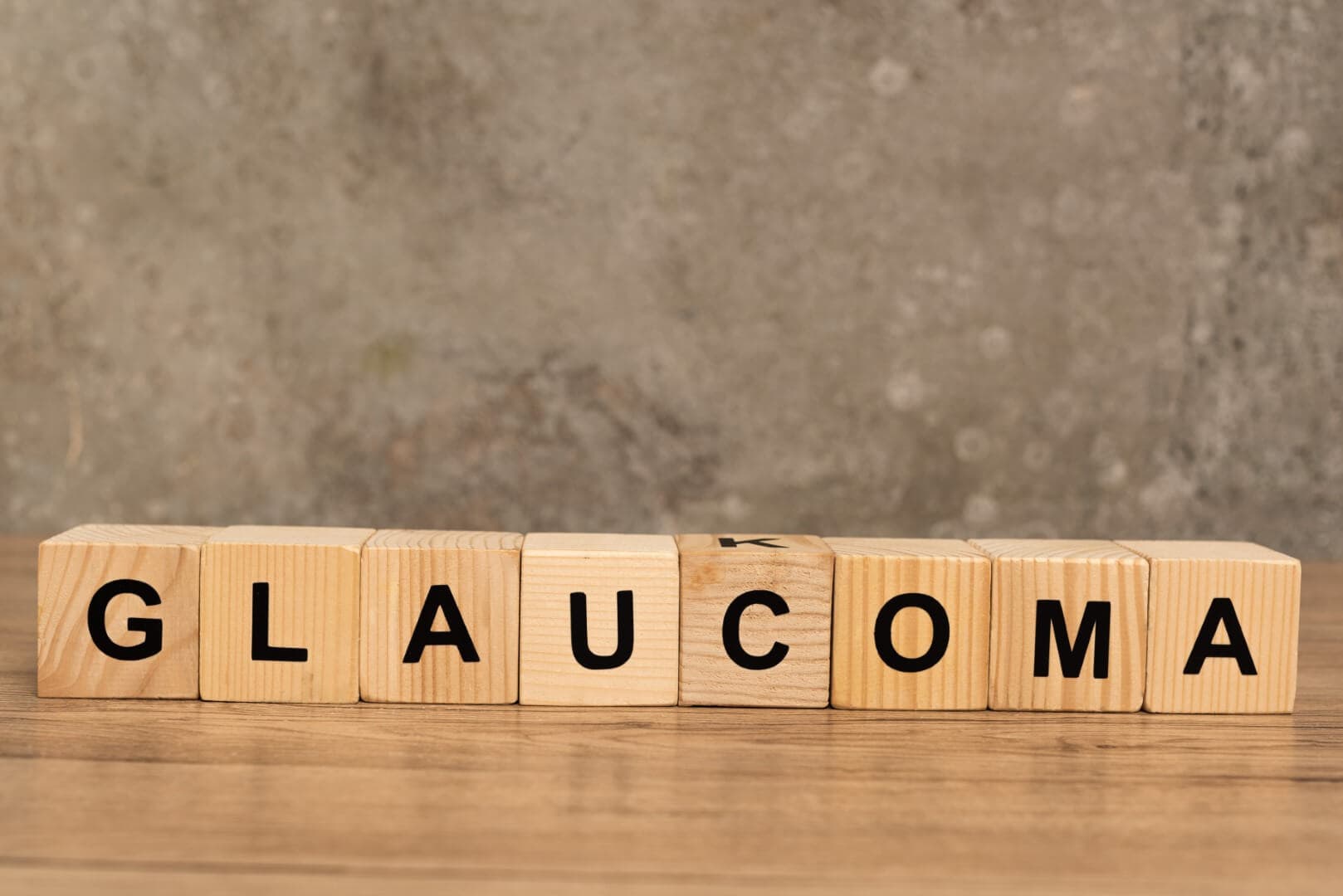Glaucoma is a progressive eye condition that impacts peripheral vision. Glaucoma affects the optic nerve which is responsible for sending information from the eyes to the brain. Fortunately, there are many treatments for glaucoma that can prevent central vision loss.
Glaucoma and the Optic Nerve
The optic nerve is located in the back of the eye. It connects to the retina and to the brain.
The nerve is the sole connection in the visual pathway from the eye to the brain, beyond the optic nerve, there are multiple other connections, but the optic nerve is the only connection from the eyes to the brain.
Glaucoma damages the optic nerve by applying increased pressure to the nerve and pinching the nerve tissue fibers.
Symptoms of Glaucoma Damage
If glaucoma is present for a long period of time, there will be damage to the optic nerve which causes certain symptoms.
The most common symptoms are results of losing an area of peripheral vision. Symptoms like difficulty navigating new areas, feeling as though people or object come from nowhere, and bumping into walls or tables on a specific side of the body are possibly due to the damage from glaucoma.
Many of these symptoms may be dismissed initially as a loss of attention or a result of aging changes, but any of these symptoms warrant an eye examination to rule out a condition such as glaucoma.
Treatments for Glaucoma
There are multiple treatment options for glaucoma including eye drops, laser surgery, small stent surgeries, and cataract surgery.
Depending on the degree of the damage from glaucoma will dictate the best initial treatment for glaucoma.
Eye Drops for Glaucoma
There are medication eye drops which lower the eye pressure by reducing the amount of fluid produced in the eye or by increasing the rate at which the fluid is removed from the eye.
These eye drops are used as a maintenance therapy and will be required to use continually once therapy has begun.
Most mild and moderate glaucoma is treated with eye drops initially.
If the glaucoma continues to progress despite eye drop treatment, other treatments may be attempted or added.
Laser Surgery
There are two laser surgeries which can be used for glaucoma. Selective laser trabeculoplasty is used for traditional glaucoma when eye drops are not working to lower the eye pressure enough, or if there are other issues with the eye drops such as severe side effects.
In some cases, selective laser trabeculoplasty will be considered as an initial treatment for glaucoma.
Another laser surgery can be used in cases of angle closure glaucoma, which is a much less common type of glaucoma.
This procedure is called a laser peripheral iridotomy and makes a small hole in the iris to allow fluid to drain from behind the iris.
Stents and Cataract Surgery for Glaucoma
In more advanced cases of glaucoma, more major surgery options such as a minimally invasive glaucoma surgery alongside a cataract surgery can be considered.
These surgeries involve more risk than a laser procedure and will be performed in a surgery center like other cataract surgeries.
This is reserved as an option only when cataract surgery is already needed or if the glaucoma is uncontrolled even with other treatments.
Prognosis for Glaucoma
Glaucoma is typically a very slowly progressive condition and with treatment is rarely associated with vision loss.
Most people will be followed closely by an eye doctor to monitor the eye pressure and ensure that there is no unnecessary risk or damage.





